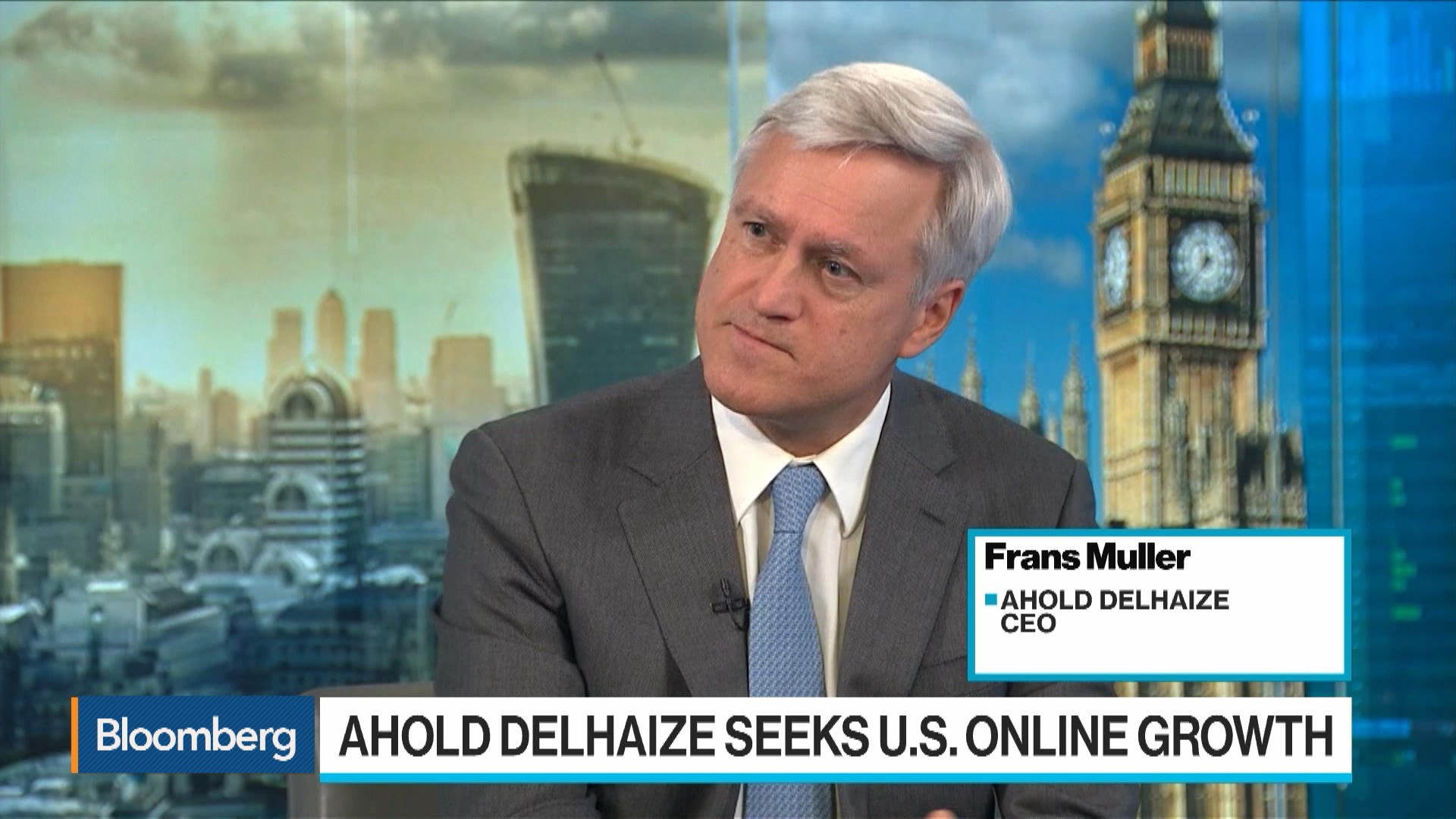Share your experience working at Food Lion
Food Lion employees across America are concerned about low pay, poor management, unfair treatment, and low morale. We are surveying employees on their experiences and raising awareness about their concerns. Join us to push for meaningful change.

Employees deserve better.
While Food Lion claims to have a “culture of care,” many employees tell a different story—a story of low pay, inadequate benefits, poor treatment, and management that is indifferent to their struggles. Although workers at Giant and other grocers owned by the same parent company have unions, Food Lion workers lack this important protection. They describe facing anti-union messaging and significant challenges when advocating for better working conditions.
Share your experience
working at Food Lion
The Center for Responsible Food Business is collecting this information to identify troubling trends in the workplace conditions at Food Lion and to raise awareness about these issues. Your privacy is important to us, and your submission will remain confidential unless you provide permission to share.
This form is for current and former Food Lion employees only.
Do not disclose confidential or proprietary information.
Employee Experiences*
What are the problems?
-
In online forums, Food Lion employees frequently express frustration with inadequate pay, with some reporting raises as small as $0.33. Many claim they are paid less than new hires or workers at comparable companies. They say benefits are minimal, and workers are especially critical of the absence of employee discounts—an industry norm that Food Lion fails to offer despite being part of a billion-dollar conglomerate.
-
Food Lion employees have described the workplace as toxic, with complaints of favoritism, cliques, and a "good ol’ boy" culture that undermines fairness and merit-based advancement. There are concerns of micromanagement, and some report managers who fail to support their teams or respect workers’ rights. The result is low morale and a stressful atmosphere.
-
Many workers online report being overworked and overwhelmed due to understaffing and poor management practices. Employees cite excessive workloads, such as being expected to unload large shipments without proper tools or support. They allege managers often fail to provide relief or assistance, leading to burnout among staff who feel unsupported and undervalued.
-
Food Lion has a long history of alleged union busting. Its continued anti-union stance is a point of contention; some employees claim that any mention of unionizing is met with immediate retaliation. Workers online describe being explicitly warned against discussing wages—a violation of labor laws. Meanwhile, Food Lion’s corporate parent, Ahold Delhaize, allows unionized workplaces in other regions, adding to perceptions of inequality across the company’s workforce.
Food Lion is owned by a foreign entity
Food Lion is owned by Ahold Delhaize, a Dutch multinational conglomerate that owns grocery store chains worldwide, including Hannaford, Giant, Stop & Shop, and Food Lion. While Ahold Delhaize prides itself on progressive standards in the Netherlands—where its flagship brand Albert Heijn has unionized workplaces and offers better pay and benefits—these standards don’t extend to Food Lion employees in the United States.
Unlike Stop & Shop and Giant, which both have unionized workforces providing employees with stronger protections, Food Lion workers lack these critical supports. Despite being owned by the same parent company, Food Lion employees report facing anti-union messaging and challenges in advocating for better working conditions.
At the helm of Ahold Delhaize is CEO Frans Muller, who resides in the Netherlands and earns $6 million annually. Meanwhile, many Food Lion employees struggle with low pay and substandard benefits.
The Center for Responsible Food Business advocates for responsible standards in the food sector. We engage industry leaders to advance practices that benefit all stakeholders from the farm to the dinner table – including those who work at the nation’s largest grocery stores.
The Center is a 501(c)3 nonprofit headquartered in Pennsylvania.




